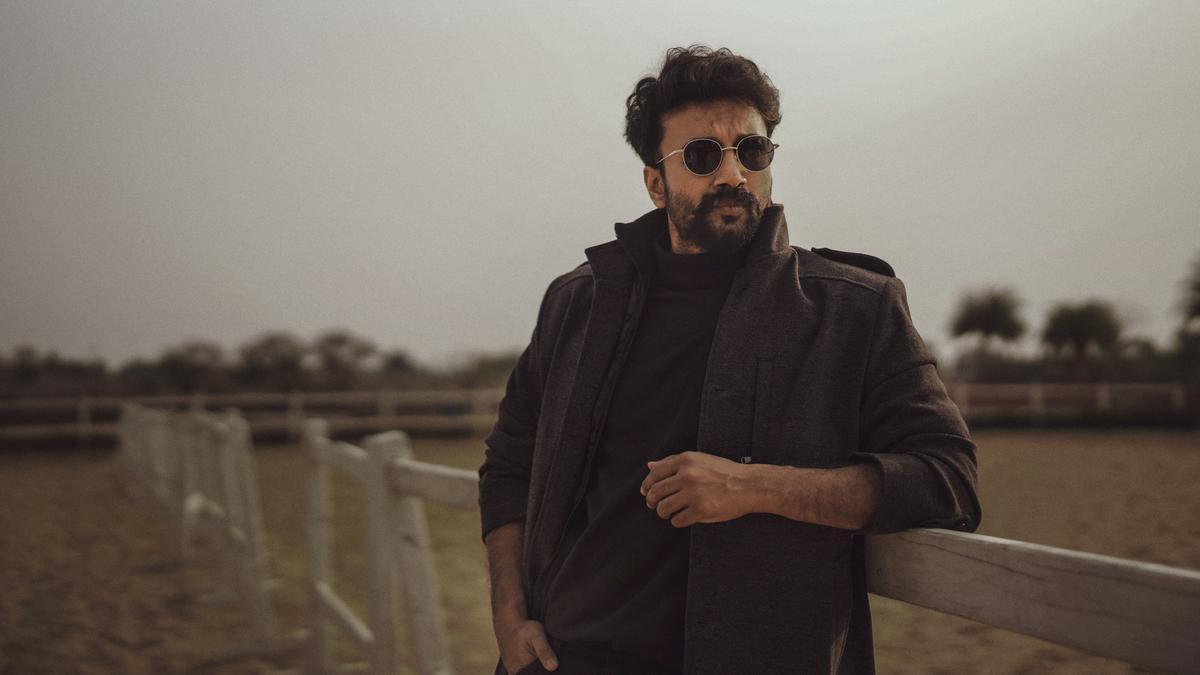
Tensions are running high in the days leading up to the Jawaharlal Nehru University (JNU) Students’ Union elections, with a film’s pre-release screening sparking controversy and igniting debate on the campus. On March 13th, the university’s Cultural Organization, the Rashtriya Kala Manch, hosted the pre-release screening of “Bastar: The Naxal Story” at the JNU Convention Centre auditorium. However, the event met with consternation as it was conducted without the official sanction from the university’s election committee.
Directed by Sudipto Sen, “Bastar: The Naxal Story” casts a critical eye on the Maoist insurgency. It controversially suggests that JNU students had expressed support for the killing of 76 Central Reserve Police Force (CRPF) personnel, a narrative that has fueled perception of the university as a hub of anti-national sentiment. As a result, many viewed the screening as an attempt to sway the upcoming student union elections set for March 22.
In a preemptive move to curb further dissension, the Rashtriya Kala Manch has decided to cancel the screening of another contentious film— “JNU: Jahangir National University.” Helmed by director Vinay Mishra and featuring actors Ravi Kishan, Piyush Mishra, and Urvashi Rautela, the film’s title deliberately plays on the acronym of the prestigious institution, leading many to view it as a direct affront to the university’s reputation.
In light of these events, a student, who wished to remain anonymous, conveyed to mid-day, “It has been unanimously decided that the film won’t be screened. It’s clear that irrespective of which political party clinches victory in the student elections, the university will stand united against any defamation of its name.”
The debate over the film’s content has escalated beyond the campus grounds. The Students’ Federation of India (SFI) has taken a firm stance, petitioning Vice Chancellor Santishree Dhulipudi Pandit to take legal recourse against the defamatory implications of the movie. A segment from the letter obtained by mid-day reads with clear indignation: “This film’s [poster] with its saffron depiction of the country and text accusing JNU of fracturing the nation is highly indicative of its intentions to malign the university, echoing the tired accusations of anti-nationalism.”
The letter further underlines the resolve of the student community, stating, “We stand with the secular and democratic citizens of our nation, and we urge the Vice Chancellor to uphold the dignity of the institution against such baseless attacks.”
The Vice Chancellor’s office has not yet officially addressed the matter. Akhil Bharatiya Vidyarthi Parishad (ABVP), closely associated with the RSS, has remained silent amidst the uproar. The anonymous student added a poignant remark, “They won’t speak out against this movie and its damaging narrative, which attempts to vilify the students of this university. The cancellation of the film screening is a small victory, but we must continue to guard against this kind of defamation.”
Despite the Vice Chancellor’s silence, the student body’s decision to cancel the screening reflects a collective stand against what they perceive as slanderous misrepresentation. This decisive action highlights the current political sensitivity on campus and could set a precedent for how artistic expression intersecting with academic institutions is navigated in the future.
Several questions remain unanswered as the student community anticipates the upcoming elections. How will these developments impact the election outcome? Will the cancellation of the screening pacify the agitated spirits, or will it intensify the debate on freedom of speech versus social responsibility? Furthermore, the role of university administration in upholding the integrity of JNU’s image could come under greater scrutiny depending on the Vice Chancellor’s eventual response to this matter. The coming days promise to be a litmus test for the resilience of democratic values and academic freedoms within one of India’s most renowned educational institutions.










